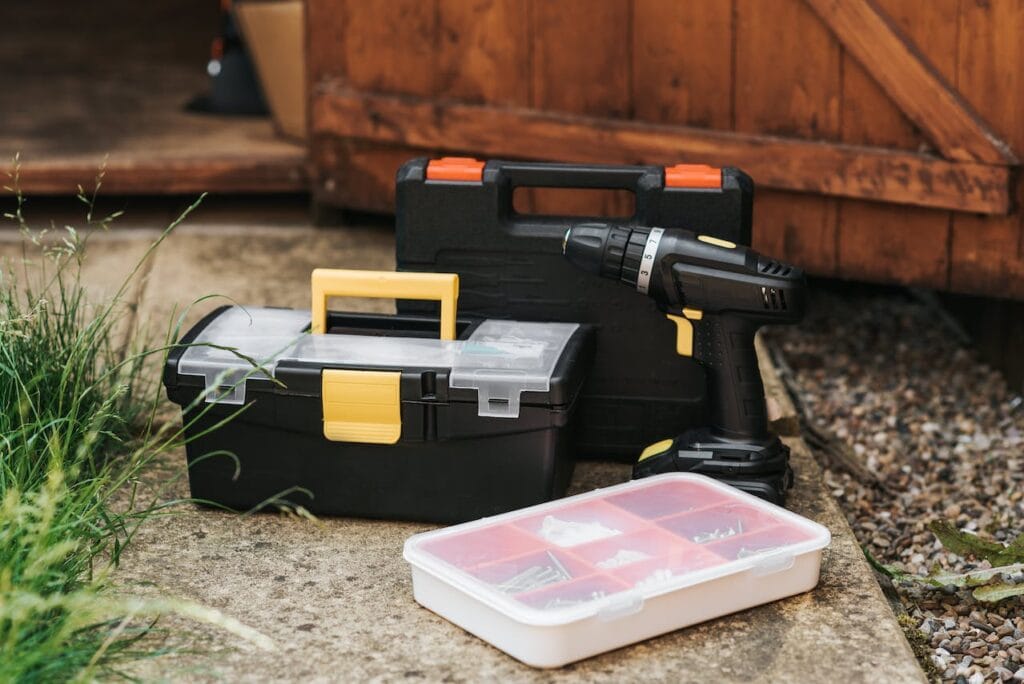Selecting the right heat pump for your HVAC system is a critical decision that directly impacts the comfort and efficiency of your home. Additionally, ensuring prompt and effective heat pump repair is essential to maintain optimal performance and address any issues that may arise over time. Regular maintenance and timely heat pump repair contribute significantly to the longevity of your HVAC system, ensuring a comfortable and energy-efficient environment in your home.
Choosing the Right Heat Pump for Your HVAC System
When it comes to selecting the right heat pump for your HVAC system, several key factors come into play. These factors play a crucial role in ensuring that your home remains comfortable throughout the various seasons.
Understanding Your Climate
The first step in choosing the right heat pump is understanding the climate of your area. If you live in a region with cold winters, it’s essential to choose a heat pump that can efficiently handle lower temperatures. Conversely, if you reside in a milder climate, a standard heat pump may be sufficient. The climate directly influences how well your heat pump performs, making it a vital factor in the decision-making process.
Size Matters
The size of your heat pump is another crucial aspect to consider. Selecting a heat pump that is either too large or too small can lead to inefficiencies in your HVAC system. An oversized heat pump may cycle on and off frequently, wasting energy and causing unnecessary wear and tear. Conversely, an undersized heat pump may struggle to heat or cool your home adequately. To determine the right size for your needs, consider the square footage of your living space and consult with a professional HVAC technician.
Energy Efficiency
Opting for an energy-efficient heat pump is a wise choice. Look for the Energy Star label, an indicator that the heat pump meets strict efficiency guidelines set by environmental authorities. Choosing an energy-efficient heat pump not only helps you save money on utility bills but also reduces your environmental impact. It’s a win-win situation for both your wallet and the planet.
Check the Seasonal Energy Efficiency Ratio
The Seasonal Energy Efficiency Ratio (SEER) is a metric that measures a heat pump’s cooling efficiency. Higher SEER ratings signify better efficiency. When selecting a heat pump, aim for a SEER rating that aligns with your climate and usage needs. A higher SEER rating indicates that the heat pump can cool your home more efficiently, translating into potential energy savings over time.
Consider the Heating Seasonal Performance Factor
For those living in colder climates, the Heating Seasonal Performance Factor (HSPF) is a critical consideration. HSPF measures the heating efficiency of a heat pump. It’s particularly important to choose a heat pump with a higher HSPF if you experience harsh winters. This ensures that the heat pump can effectively keep your home warm when temperatures drop.
Installation and Maintenance
Selecting a heat pump that is easy to install and maintain is essential for optimal performance. A well-installed and properly maintained heat pump operates more efficiently and has a longer lifespan. Consulting with a professional HVAC technician for the installation is recommended, and it’s crucial to follow the manufacturer’s maintenance recommendations to keep your heat pump in top condition.
Cost Considerations
While the upfront cost is a significant consideration, it’s equally important to look beyond it. Consider the long-term operational costs, energy efficiency, and potential savings on utility bills. Investing in a high-quality, energy-efficient heat pump may have a higher initial cost but can result in substantial savings over the life of the system.
Warranty and Support
Checking the warranty and available support for your chosen heat pump is a prudent step. A reliable warranty provides peace of mind, covering potential repairs and replacements. Additionally, consider the availability of support services from the manufacturer or dealer in case you encounter issues with your heat pump. This ensures that you have the necessary assistance when needed.
Maintaining Your Heat Pump for Optimal Performance
Heat pumps are crucial for keeping your home comfortable, but ensuring they work efficiently requires regular maintenance. Moreover, if you’re considering an oil to gas conversion Huntingon, it’s essential to evaluate how this transition may impact the performance and compatibility of your heat pump system. Addressing any adjustments or modifications during the conversion process will help ensure the continued efficiency and reliability of your home’s heating system.
Regularly Clean or Replace Air Filters
One of the simplest yet most impactful maintenance tasks is to clean or replace your heat pump’s air filters regularly. Dirty filters can impede airflow, causing your heat pump to work harder and less efficiently. A clean filter not only ensures better air quality but also promotes smoother operation of your system.
Keep the Outdoor Unit Clear
The outdoor unit of your heat pump needs ample space to breathe. Make sure there are no obstructions, such as leaves, debris, or overgrown plants, near the unit. A clear area around the outdoor unit facilitates proper airflow, a critical factor for efficient heat exchange.
Check and Clean Coils
Regularly inspect and clean the coils on both the indoor and outdoor units. Over time, dirt and dust can accumulate on the coils, hindering the heat exchange process. Gently cleaning the coils with a soft brush or vacuum can significantly improve the efficiency of your heat pump.
Monitor Thermostat Settings
Keep a vigilant eye on your thermostat settings to ensure they are at the right temperature for the season. Adjusting the settings based on whether it’s winter or summer helps your heat pump operate efficiently. Lower temperatures in winter and higher temperatures in summer optimize energy usage.
Inspect Refrigerant Levels
Proper refrigerant levels are crucial for the performance of your heat pump. Low levels can lead to the reduction of efficiency and potential damage to the compressor. If you notice any signs of refrigerant leakage, such as hissing sounds or ice buildup, promptly contact a professional technician for immediate attention.
Examine Ductwork for Leaks
Take the time to inspect your ductwork for any leaks or gaps. Leaks can result in energy loss and reduction in heating or cooling efficiency. Sealing ductwork with duct tape or other appropriate materials ensures that conditioned air reaches your living spaces efficiently.
Lubricate Moving Parts
Heat pumps have various moving parts that benefit from regular lubrication. Lubricating components such as the fan and blower motor helps reduce friction and wear, ensuring smooth operation. Be sure to use the lubricant and adhere to the manufacturer’s guidelines.
Conclusion
The careful selection and regular maintenance of your heat pump are pivotal for maintaining a comfortable home climate and optimizing energy efficiency. By incorporating heating service repair Huntington into your routine, you not only ensure the longevity of your HVAC system but also contribute to energy savings and environmental sustainability. Remember, a well-maintained heat pump is the key to a consistently cozy and energy-efficient home.



